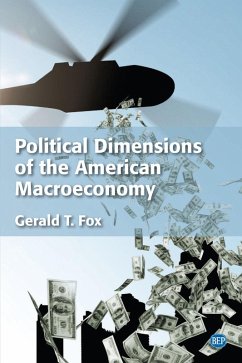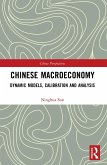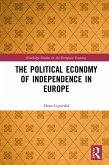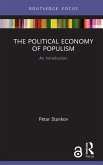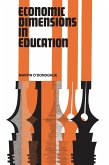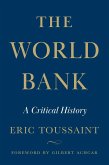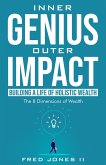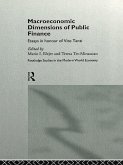Political macroeconomy refers to the interconnection between macroeconomic politics and macroeconomic performance. The expectational Phillips curve may be used to examine the economic aspects of this interrelation. Macroeconomic politics relates to voter behavior, presidential reelection ambition, partisan economic priorities, and special interests. These factors impact the fiscal and monetary policy actions of the president, Congress, and central bank. According to the electoral effect, presidents attempt to boost the economy before an election to increase reelection votes.
According to the partisan effect, conservative presidencies are relatively inflation averse, while liberal administrations are relatively unemployment averse. The evidence, however, suggests that the electoral and partisan effects occurred idiosyncratically in the U.S. economy during 1961-2016. The economy also affects presidential approval, Congressional elections, consumer sentiment, voter participation, and macropartisanship. An international dimension of the political macroeconomy is the issue of free trade versus protectionism and the perspectives of economic liberalism, neomercantilism, and structuralism.
According to the partisan effect, conservative presidencies are relatively inflation averse, while liberal administrations are relatively unemployment averse. The evidence, however, suggests that the electoral and partisan effects occurred idiosyncratically in the U.S. economy during 1961-2016. The economy also affects presidential approval, Congressional elections, consumer sentiment, voter participation, and macropartisanship. An international dimension of the political macroeconomy is the issue of free trade versus protectionism and the perspectives of economic liberalism, neomercantilism, and structuralism.
Dieser Download kann aus rechtlichen Gründen nur mit Rechnungsadresse in A, D ausgeliefert werden.

